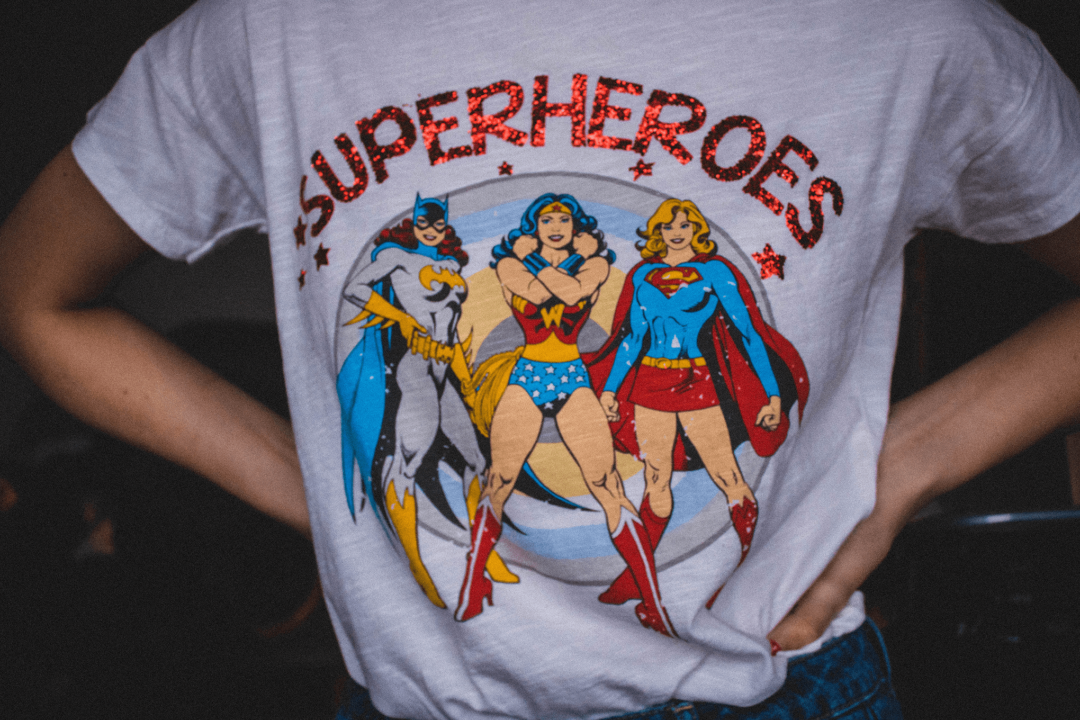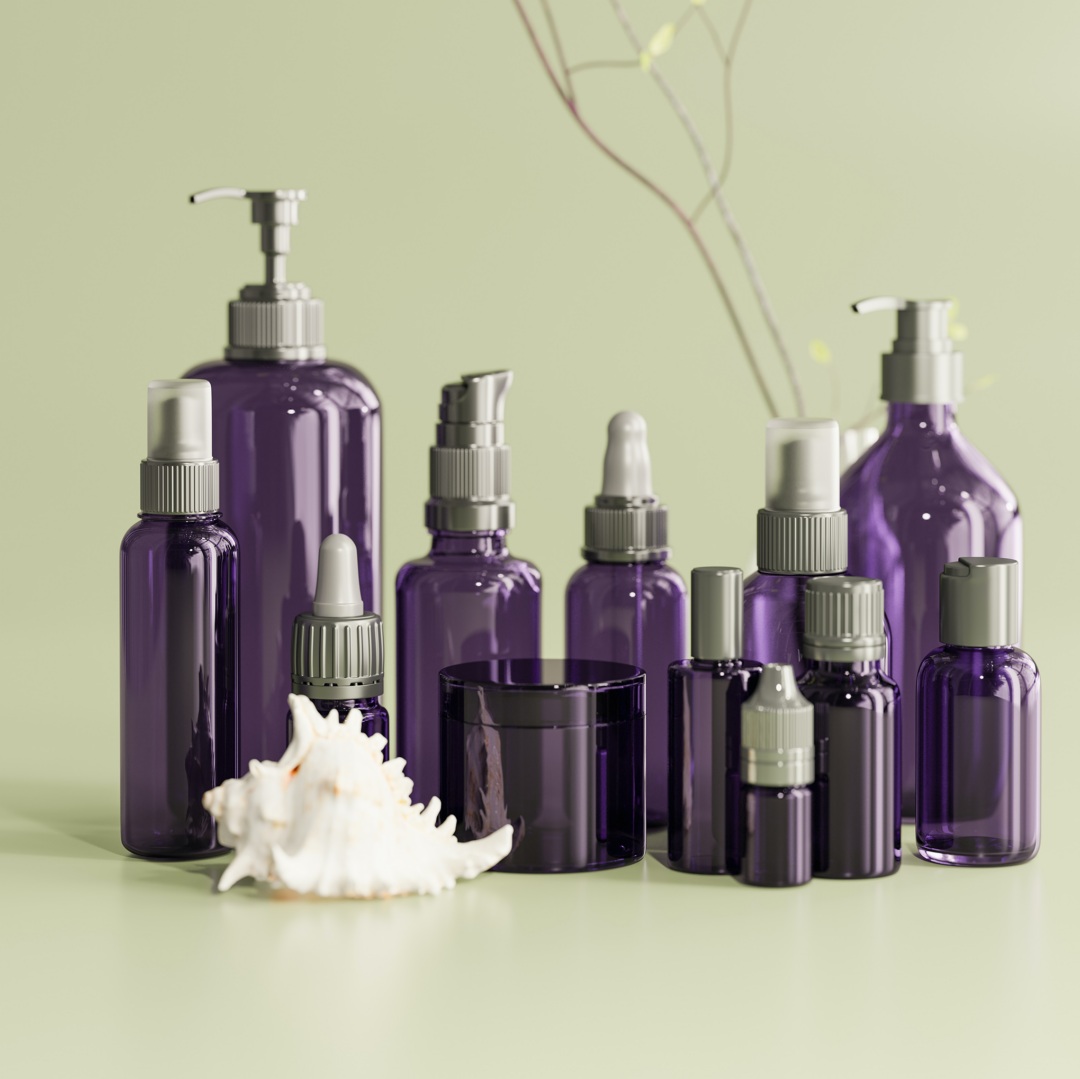Famous trade mark cases and what to learn from them
- IP & Trademarks

Have you ever infringed on a trade mark? Probably not! At least not on purpose, but you could be committing infringement without knowing it. Here are 4 trade mark cases to learn from.
1. The super fight over ‘superhero’ – Marvel and DC Comics
While many trade mark applications are declined due to being too generic, the word ‘superhero’ is the exception to the rule.
This involved something so unusual that it still makes headlines. The competing superhero franchises DC Comics, owned by Warner, and Marvel, part of Disney, has taken joined custody for the word superhero. This joined trade mark (almost) stops other players from using the phrase.
However, with the word becoming ever more popularised, some trade marks now include the word ‘superhero’ without being challenged by DC Comics and Marvel.
They agreed to own it together since the costs of battling each other, for what seemed to be an eternity, would've been too high. Also, the risk of neither of them ending up with the ownership of the elusive trade marked word must have played its part.

There is speculation that if Warner or Disney actively pursue exclusive ownership, their intellectual property (IP) rights could be reviewed and potentially challenged. This may explain why they have chosen to overlook or ignore certain instances of its use.
But the two companies have certainly raised hostility among indie publishers and comic book fans with many of them complaining. That fighting these two giants for the use of, let’s about this, to be honest, this common word, would be impossible and unfair.
Key take away
The importance of choosing a distinctive trade mark. While generic terms are often declined for trade mark registration, the word "superhero" is an exception.
The unusual agreement to share ownership likely stems from the high costs and the risk of neither company obtaining exclusive rights.
2. Kylie Vs Kylie
The trade mark dispute between pop star Kylie Minogue and entrepreneur Kylie Jenner over the name "Kylie" is interesting in the sense that it's not an infringement pursuit per se.
In 2014, Kylie Jenner attempted to trade mark the name in the United States, but Kylie Minogue objected and blocked the application.
Kylie Minogue, who has been using the name for her products since 1996, before Kylie Jenner was born, argued that trade marking the name could cause confusion.

Since Jenner intended to sell cosmetics and perfumes under the name Kylie, the U.S patent and trade mark office rejected her application.
Although the two eventually reached an agreement in 2017, the resolution involved significant legal involvement and expenses.
However, had Jenner not properly checked for existing trade mark rights and not respected Minogue's ownership, the costs could have been much higher. Nowadays, Kylie Jenner markets her products under the name ‘Kylie by Kylie Jenner`.
Key take away
This case is a good example of how performing proper checks and research before using or registering a trade mark can save you time, money and stress in the future.
3. Katie Vs Katy (Perry, that is)
The clash of a small Australian fashion designer Katie Perry and international pop star Katy Perry. On this David Vs. Goliath case it's easy to get the opponents mixed up.
Katie Taylor, who design and sell clothes under her birth name Katie Perry, sued Katy Perry for infringing on her trade mark. But one might ask, "is the pop star Katy Perry selling clothes now as well?". No, this case refers to Katy Perry’s merchandise, which she sold on her Australian tour back in 2014.
The judge ruled that clothing sold during Katy Perry's 2014 Australian tour breached Katie Perry's trade mark. Although Katy Perry was found to have used the name in good faith, her company, Kitty Purry, will have to pay damages.
The judge dismissed some claims relating to merchandising sales in specific stores for a 2018 tour.

Katie Perry described the outcome as a "victory for small businesses, particularly those started by women, against larger overseas entities".
Key take away
Although Katy Perry was found to have used the name in good faith, she still faced legal repercussions for infringing on the trade mark. This emphasizes that even unintentional infringement can lead to legal consequences. This serves as a reminder both to do a proper investigation in advance and also to monitor your trade mark once it is registered.
4. A fried chicken Louis Vuitton-style
In this quite unusual case, the famous luxury brand Louis Vuitton sued a South Korean fried chicken restaurant for infringement.
The fast-food restaurant was named Louis Vuiton Dak and the court ruled in favour of the luxury brand, stating that the takeaway shop’s name was too similar to the trade marked name.
But the restaurant didn’t just use the name, they also used the logo and packaging which was also (of course) trade marked by the Louis Vuitton. Consequently, the court ruled that the use of the packaging was too similar to the iconic trade mark.
One would think this case ended here. But no! The restaurant did indeed change its name after this ruling, but they changed it to a very similar, LOUISVUI TONDAK. This led the court to take even further action. For non-compliance, the takeaway restaurant was ordered to pay a penalty of USD 14,5 million.
Key take away
Even when crossing into different class categories, an infringement can happen. Perhaps it doesn’t help that your opponent is one of the world’s largest luxury brands, but if you do get caught – comply!
Image credits
Dev, on Unsplash
Kristina Paukshtite, on Pexels
PMV Chamara, on Unsplash
Good to know on how to protect your brand
- Your trade mark needs to be registered separately in each market, for example: PRV (Sweden), EUIPO (EU), WIPO (Global)
- Check if your domain name is available before submitting your trade mark application. And if you know that you are going to expand into new markets then be sure to register the domains of these countries (.dk, .fi etc)
- Continuously monitor by having at least one trade mark and domain monitor as basic IP-protection.
- Protecting your brand goes beyond trade marks; copyright also plays a crucial role in safeguarding the original creative works that often underlie your trade marked assets, but you are most secure after a trade mark registration.
Related read
Curious about how we can protect your trade mark?
Are you interested in protecting your trade mark? Contact our lawyers and experts today and start your journey towards a strong trade mark!


